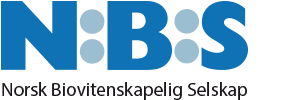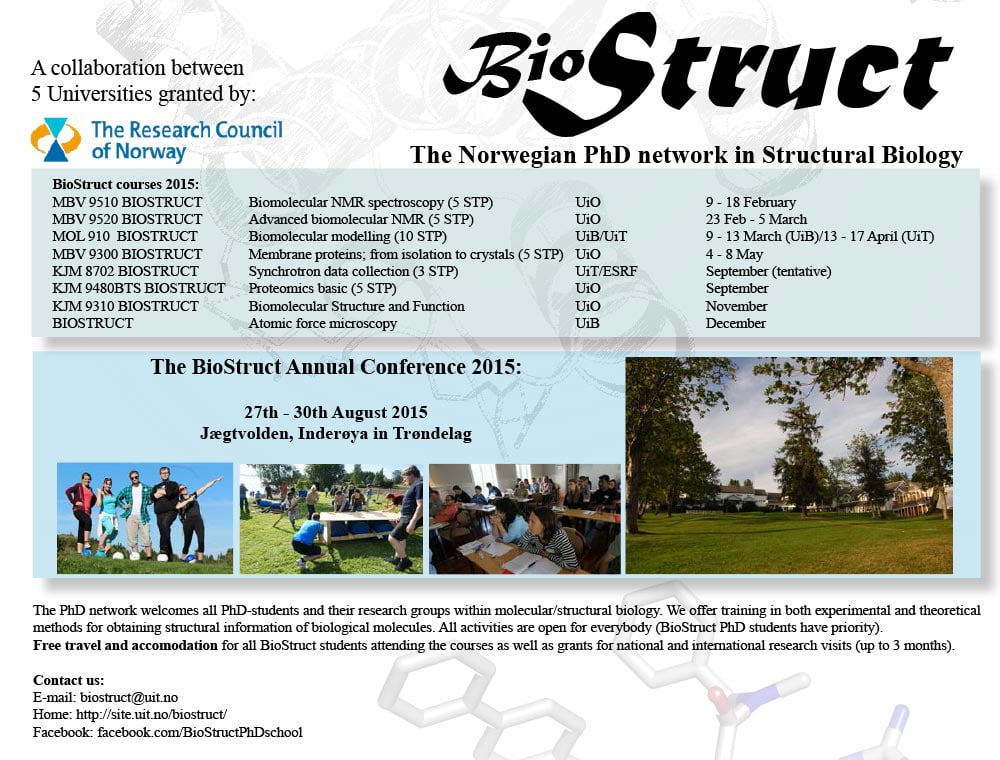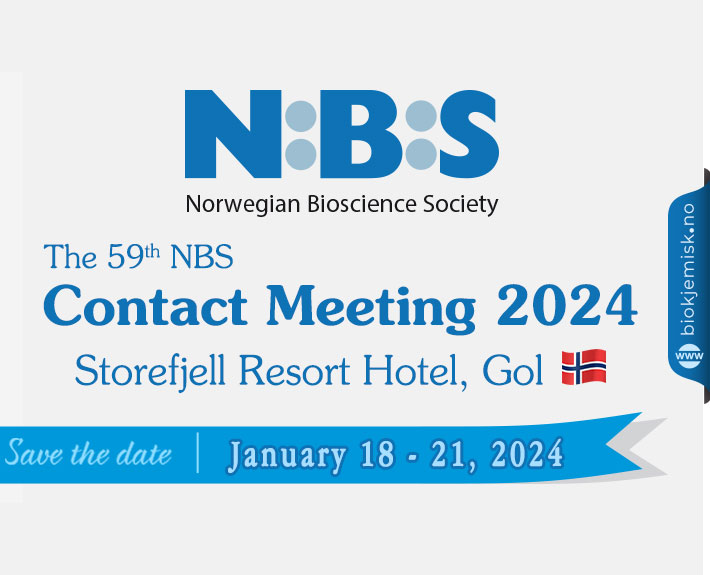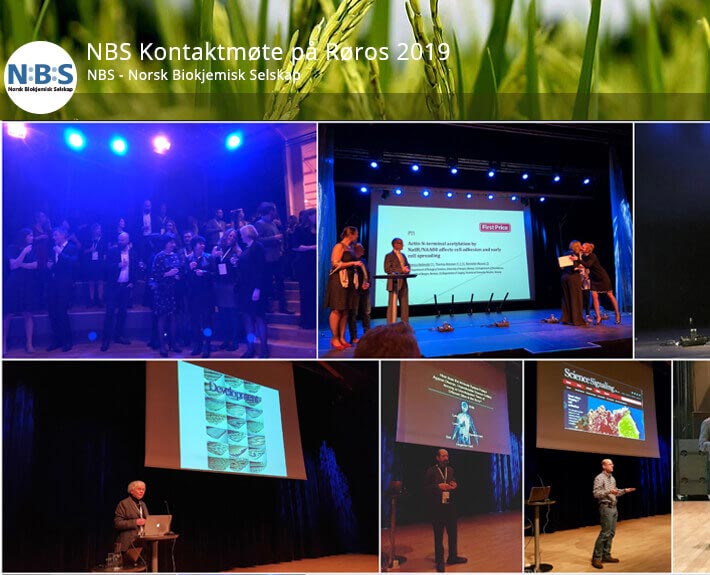Populærvitenskapelig foredrag: Matfrykt og matfakta – skremslenes anatomi
NBS-Oslo inviterer til Generalforsamling og populærvitenskapelig foredrag:
«Matfrykt og matfakta – skremslenes anatomi»
Med Trygve Eklund
Trygve Eklund har teknisk doktorgrad fra Lunds Universitet, cand.real-grad fra UiO, og MBA fra BI – og er tilkjent professorkompetanse i matvitenskap.
Tirsdag 8. desember
Kristine Bonnevies Hus, Universitetet i Oslo
Kl 15:15, Auditorium 1
Etter seminaret blir det Generalforsamling:
Rom 3213, Kristine Bonnevies hus kl 1615.
Etter generalforsamlingen serverer vi tapas.
Kort om foredraget:
Matfrykt er blitt et gjennomgående tema i medier. Mer eller mindre bevisst uvitenhet ligger til grunn for at bøker blir skrevet og nettsteder florerer med såkalte ”avsløringer” av risikofaktorer i mat. De ukyndiges selvbevisste utfoldelse skremmer bokstavelig talt vettet av folk, og vitenskapelig funderte synspunkter kommer lite frem i lyset.
Nærværende foredragsholder, som liker å kalle seg ”kunnskapsformidler og kåsør”, har 30 års erfaring knyttet til arbeid med risikofaktorer i mat og miljø. Ubundet av forretningsinteresser, myndighetsunderdanighet og politisk korrekthet vil han gjennomgå grunnlaget for matfrykt, med særlig vekt på tilsetningsstoffer.





